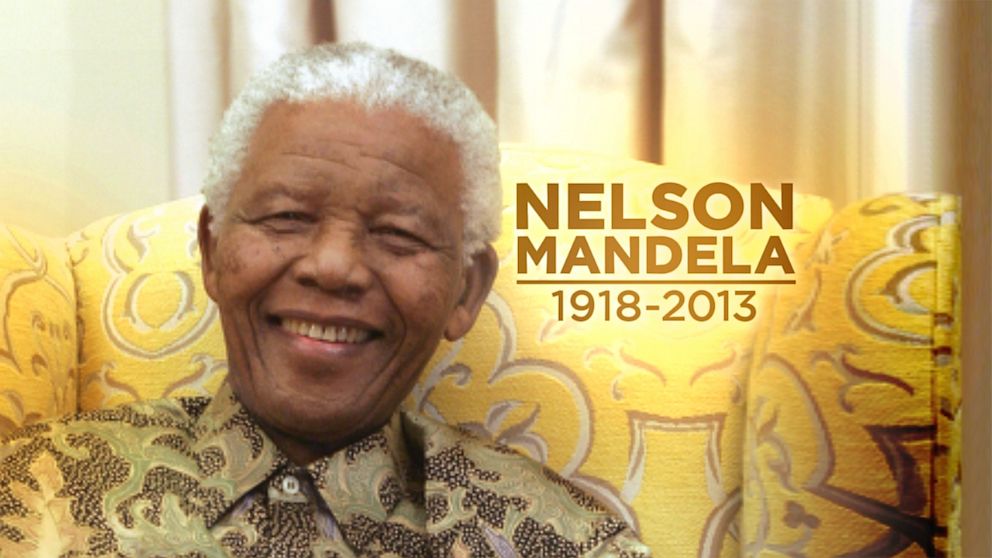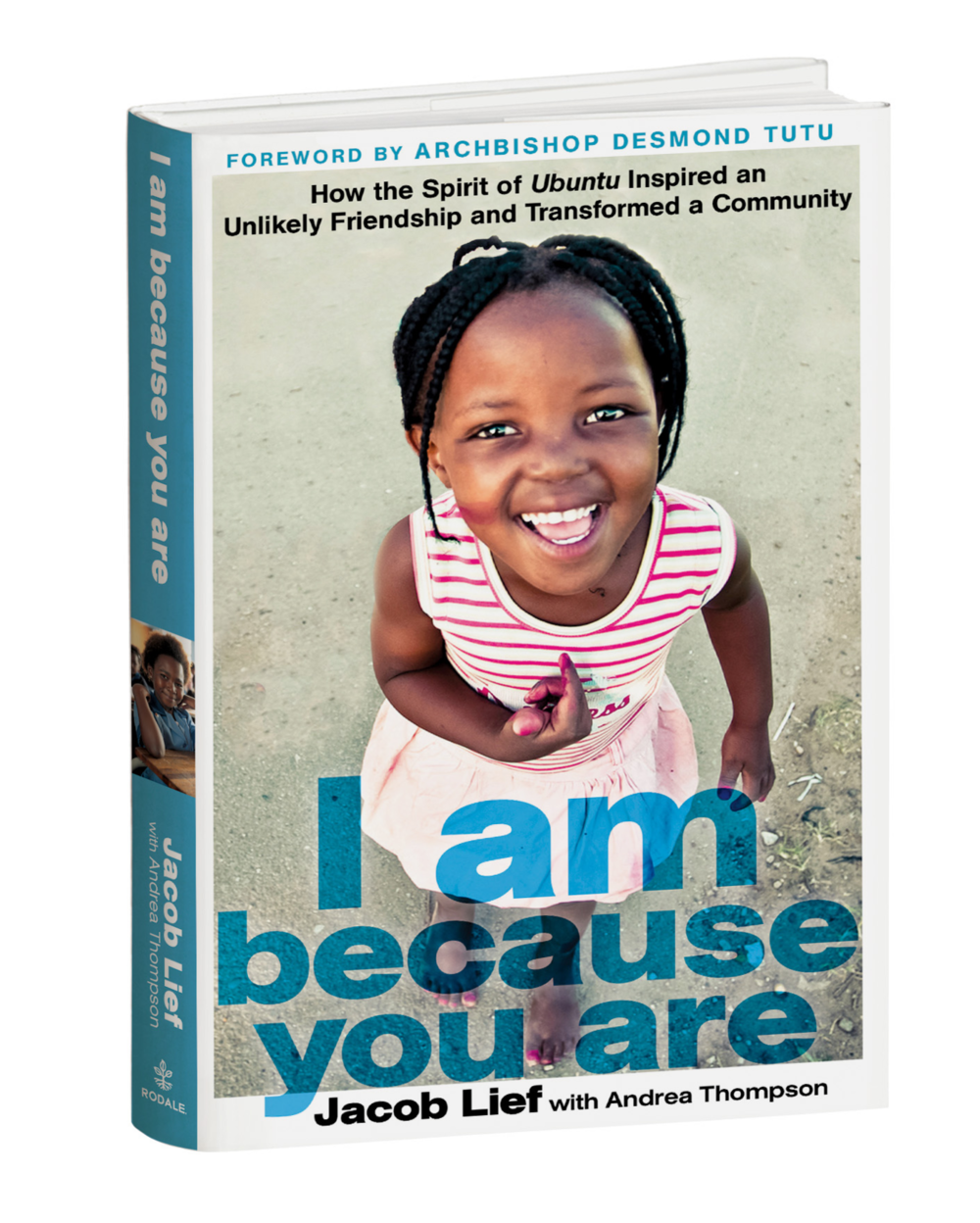Part I: Ubuntu Education: Nelson Mandela’s Lasting Legacy

Photo: a.abcnews.com
Nelson Mandela: The Man for the Common Good
The man of many struggles, vision, wisdom and hope, with his strength of character, his capacity for forgiveness, his towering intellect and his passion for Africa.
For me, as I had noted before, Mandela’s greatest legacy is in arena of intelligent humanity, his passion for education. He said, “Education is the most powerful weapon which you can use to change the world.”
He foresaw the potential of Africa’s children: “It is through education that the daughter of a peasant can become a doctor, that the son of a mineworker can become the head of the mine, that a child of farm workers can become the president of a great nation.”
As it has been observed, in all he did, he was guided by the principles and values of Ubuntu: “The spirit of ubuntu – that profound African sense that we are human only through the humanity of other human beings – is not a parochial phenomenon, but has added globally to our common search for a better world,” Mandela remarked.
This is why he so passionately pursued Ubuntu Education: Where we connect our intellect with our humanity.
What is Ubuntu: A bird’s-eye view
As it has been observed ‘Ubuntu is an age-old cultural world view shared by many African societies which highlights the essential unity of humanity. This view holds that all members of a community are linked together, be they rich or poor, victims or perpetrators, and it holds profound implications for peacemaking and conflict resolution. Ubuntu emphasises empathy, cooperation, and sharing over retribution and competition, and inclusivity over exclusivity.
‘Without this grounding, South Africans could not have attempted to repair themselves and renew their country in the same way. Following the ravages and atrocities of two world wars, the genocides in Europe, Cambodia and the former Yugoslavia, the ethnic purges, mass relocations and brutal dictatorships on almost every continent, in a nation most ripe for violent retaliation among blacks and whites, there was largely reconciliation -- and even forgiveness.
‘Apparently Ubuntu is difficult to convey fully in a Western language. Yet Desmond Tutu, Archbishop of Cape Town and the country's spiritual leader at the time, explained that Ubuntu "is to say, 'My humanity is caught up, is inextricably bound up, in theirs. We belong in a bundle of life.
"We say, 'a person is a person through other people. I am human because I belong, I participate, and I share.'" In southern Africa, Ubuntu's clearest articulation is among the Nguni group of languages. Tutu explained, "When you give high praises to someone we say, 'Yu, u Nobuntu'; he or she has Ubuntu. This means they are generous, hospitable, friendly, caring and compassionate."
In short, ‘With Tutu and Nelson Mandela embracing and shepherding this cultural essence, Ubuntu was at the heart of what drove black South Africans to start down the path of magnanimity and forgiveness rather than revenge.’
My Ubuntu teaching plan
(GCGI online course I am planning to introduce in 2014)
Ubuntu Economics: Economics for Meaning, Social Justice and the Common Good
Ronald Coase, professor of economics at the University of Chicago Law School and winner of the Nobel Prize in Economics, shortly before his death on September 2, 2013, published an article in the Harvard Business Review, ‘Saving economics from the economists’ (Coase & Wang, 2012). He argued that ‘the degree to which economics is isolated from the ordinary business of life is extraordinary and unfortunate’. ‘In the 20th century, economics identified itself as a theoretical approach of economization and gave up the real-world economy as its subject matter. It thus is not a tool the public turns to for enlightenment about how the economy operates…. It is time to reengage with the economy. Market economies springing up in China, India, Africa, and elsewhere herald unprecedented opportunities for economists to study how the market economy gains its resilience in societies with cultural, institutional, and organizational diversity. But knowledge will come only if economics can be reoriented to the study of man as he is and the economic system as it actually exists’.
There are many heterodox economists who reject the dominant model of rational choice in ‘free’ markets, and want to reconnect the study of the economy to the real world; to make its findings more accessible to the public; and to place economic analysis within a framework that embraces humanity as a whole, the world we live in.
This course, “Ubuntu Economics: Economics for Meaning, Social Justice and the Common Good” with its ‘human economy’ approach shares all these priorities. Our focus draws inspiration from and seeks to contribute to the tradition of economic thought, but, more explicitly than these currents within economics, we are open to other traditions, notably philosophy, anthropology, sociology, history and development studies.
Reverting to Ubuntu Economics:
As it has been said, “Africa, the birthplace of the first human, may just hold the key to the survival of humanity. How fitting and appropriate that the country where homo erectus was first identified is also the birthplace of the philosophy that points the way toward a sustainable future for us, its offspring.
No, I'm not talking about a new technology that will solve our dependence on non-renewable energy resources or that will stop climate change. Not directly at least. But I am talking about a way of seeing the world and all its inhabitants that, if adopted by a critical mass of human beings, would have a major impact in our ability to work together and ultimately shift the context of what it means to be a human being living on Planet Earth in the 21st century.
The philosophy is simple enough. It does however require a massive shift in how we think about ourselves, how we see each other, and how we view every other living thing on the planet.
I'm talking about the philosophy called "Ubuntu," which translated means "I am what I am, because of who we all are." The word "ubuntu" has its origins in the Bantu languages of southern Africa.”
In all, when we speak about the Ubuntu Spirit, we’re referring to the spirit of oneness, unity, love, peace and compassion, which expresses itself in a desire to help others and includes everyone. As Nelson Mandela explains, “The spirit of ubuntu – that profound African sense that we are human only through the humanity of other human beings – is not a parochial phenomenon, but has added globally to our common search for a better world.”
Moreover, as it has been observed by many, people are not individuals, living in a state of independence. They are part of a community, living in relationships and interdependence. This is in stark contrast to neo-classicals who emphasise the individual and its egoism as the engine of economics and business.
Course outline:
What is Ubuntu?
Ubuntu: The philosophical, theological, and spiritual underpinnings
Ubuntu: The economic values. How do they differ from the neo-classical values?
Ubuntu in Africa
What can the West learn from African spirituality and ubuntu?
Ubuntu’s role in community cohesion and transformation
Ubuntu’s role in health-care provision and allocation of resources
Ubuntu business: What is it?
Examples of ubuntu transforming the CEOs and their businesses
The spirit of ubuntu and philanthropy
Ubuntu and the Bottom Line
What does Ubuntu tell us about:
Trust, Caring, and Justice
Read more:
Mandela's Legacy: Teaching Ubuntu | Ken Brack
Mandela: Politics his profession, education his passion - The Globe and Mail
A Path to a Spiritual Education for the Common Good: Education for a Just and Sustainable World

